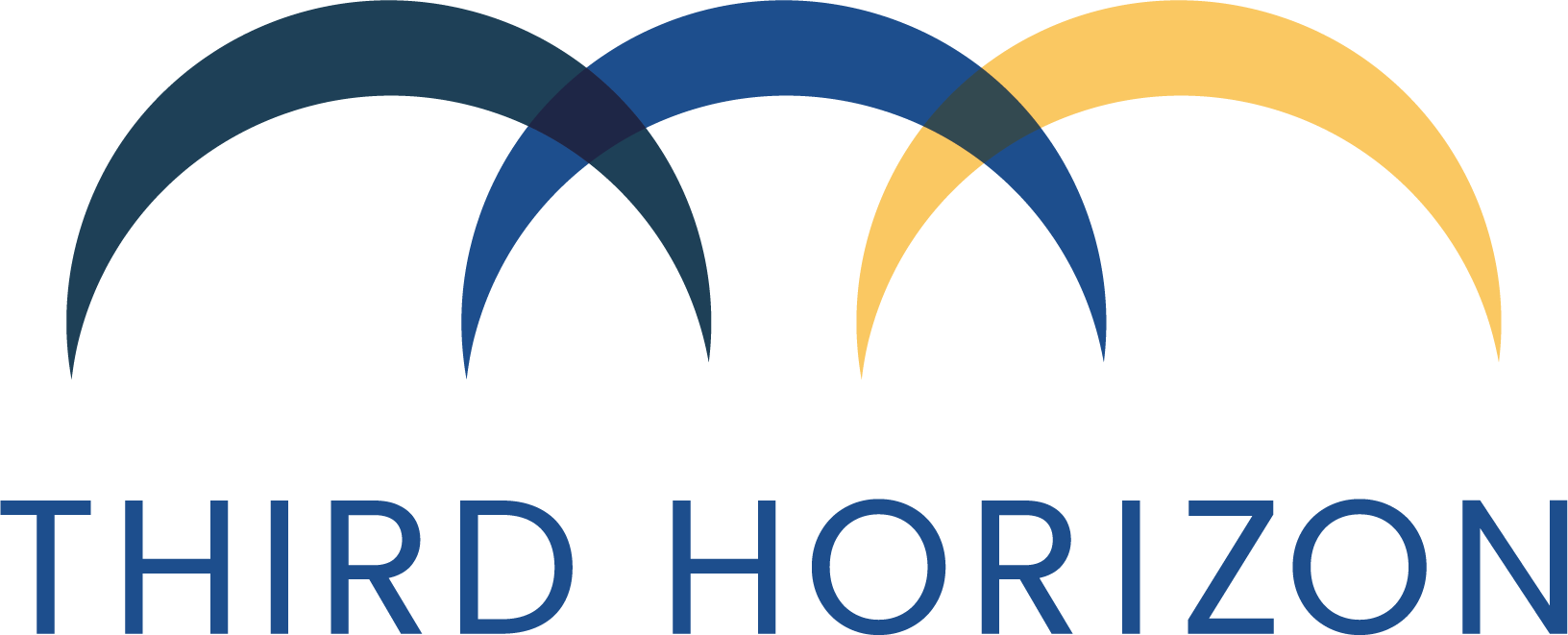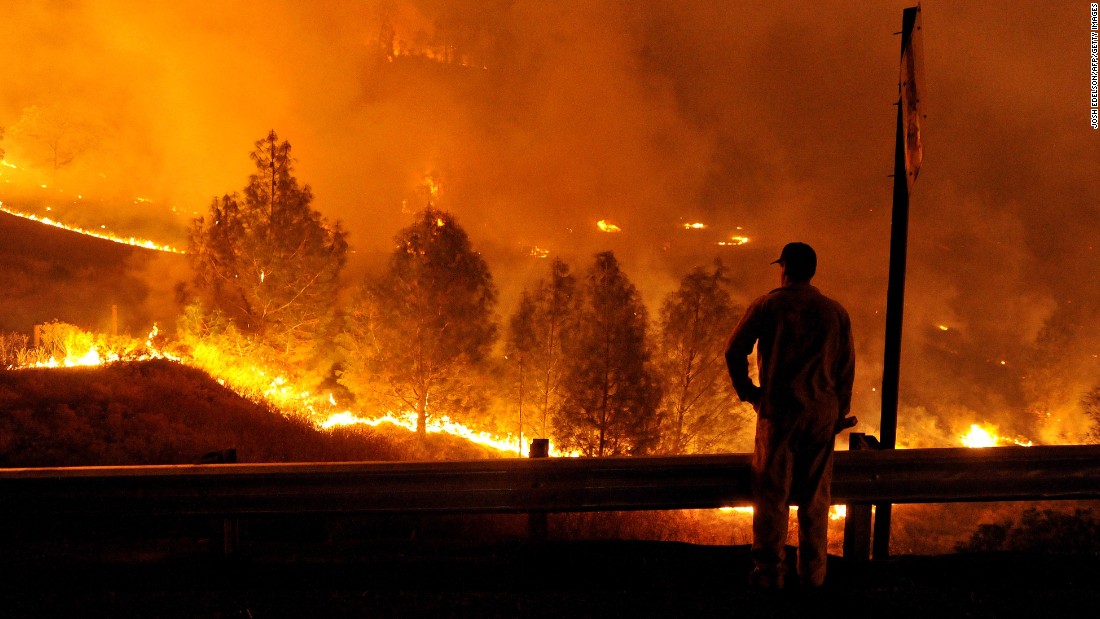In March, 2020, our CEO David Smith authored a letter to the health care industry. In it, he called upon all of us to recognize the moment of crisis in the earliest days of the COVID-19 national emergency. He encouraged us to support ourselves – and one another – by staying safe and setting aside our lofty goals of systems transformation and innovation. He asked the industry to give frontline health systems space to manage the crushing onslaught of patients crowding emergency rooms due to a disease with no treatments, no vaccines, and no mercy for many. While encouraging us to pause in our efforts, he did so with a caveat: “When the fire is out, there will be considerable work for all of us to do. Be ready for it.”
As I write these words, we are nearing the two-year mark of the pandemic. In early February, the United States hit 900,000 deaths due to COVID-19. This is well understood to be an undercount, and does not include excess deaths attributable due to drug overdose, or deaths from non-COVID illness where individuals did not (or could not) access timely medical care during the pandemic. While we are on track to reach an official death toll of one million deaths in the coming weeks, we are likely already past that dark threshold. Though the national dialogue is beginning to pivot towards positive metrics and perhaps the loosening of public health restrictions, we live with the reality that we are another variant away from being back to the beginning – of severe illness, crisis standards of care in our hospitals, and daily casualty numbers that bring 9/11-scale tragedy every day to families across the U.S.
Our workforce in hospitals, health clinics, behavioral health systems, public health, and social service agencies are exhausted beyond measure. The feeling of national unity that inspired nightly applause of health care workers in cities across the U.S. has been replaced by toxic political rhetoric, and unfettered disinformation that drowns out the guidance of weary public health professionals. The trauma of loss is everywhere: of loved ones, jobs, economic security, social connectedness, and trust in government and policy makers. Running through all of this is an unavoidable confrontation around the ways systemic racism has driven, prolonged, and worsened health outcomes, and continues to tear at the fundamentals of our society.
Want more daily health intelligence from Third Horizon Strategies? Sign up for Tea Leaves – a free daily newsletter capturing a rundown of the most important health industry activity!
In this moment, we are left to confront three realities.
The fire of the pandemic continues to burn, and it will for some time to come. Despite vaccines, therapeutics and proven public health measures, we are past dreaming of a day that COVID-19 disappears from the scene. The level of intensity will rise and fall, and with that will come evolving public health guidance policy action to move the pandemic from a massive wildfire to more of a controlled burn.
The alarming loss of life did not have to happen. We’ve known for decades that health inequities exist, and that institutional racism and poor health care policy was driving negative health outcomes. Despite the efforts of many committed to improving public health and behavioral health services, as a nation we’ve consistently underfunded these systems. This insufficient preparedness, coupled with the toxic policy environment, inconsistent messaging, and blatant misinformation, crippled the nation’s ability to manage a pandemic-level event. This reality is disheartening, infuriating, and should haunt anyone committed to healthier communities.
We are in a “new normal”. Patients who receive a life-altering diagnosis often refer to adapting to a “new normal”. For some, the pandemic has created positive opportunities for renewal, and they have strived intentionally not to go back to “the way things were.” However, for some the loss of their former selves is fraught and complex. While the lessons of the pandemic have accelerated action around systems transformation and calls for a new normal, it is challenging and painful for some individuals, communities, and systems to accept the losses that accompany such a significant change. We must keep this in mind if we are to rebuild a sense of shared community and common purpose.
At Third Horizon Strategies, we believe that transformative leadership includes not only innovating for today, but envisioning both the future positive impacts and the future challenges that can drive innovation that lasts. As we witness the hard lessons of this pandemic era – how do we move forward?
- Stop, breathe, grieve. My colleague Cheryl Matochik recently wrote about the growing attention employers are paying to wellbeing and mental health. As the health care industry gathers renewed steam around real systems change, true leadership will come from those who do not “move on” from this moment. It will come from those who don’t hesitate to be in touch with their own feelings of loss, anger, sadness, and worry. As you move through your own process of rebuilding your world view, remember that everyone you encounter is doing the same. Infuse that understanding into your professional work, your support of colleagues, and the culture of your organization.
- Turn those emotions into the fuel for change. I’ll admit that in my own process, the biggest emotion I am experiencing is one of anger. I’m furious at how the pandemic interrupted my kid’s ability to experience school, social networks, and activities. I’m outraged at how my colleagues in the health care and public health ecosystem have been treated by some, and how they have been left to clean up the mess of poor decision-making so many levels. With every release of a new death toll, my heart sinks and my frustration grow. Yet, this inspires me to bring even more energy to ensuring communities, organizations and systems accelerate the march towards a time where we can collectively be better, together.
- Commit to never allowing this to happen again. Across the health care sector, the call for transformation is loud and clear. That work that David Smith encouraged us to pause in March 2020 is accelerating at a renewed pace. Now is the time to bring real change to our approach to behavioral health, primary health care, racial justice, and equity. In whatever industry sector you are in, assess your work with the lens of the last two years and ask:
-
- Is this innovation inspired by lessons learned in the pandemic, and relevant to communities as they are today and will be tomorrow, rather than how they used to be?
- Can this innovation reduce the likelihood of negative impacts – directly or indirectly – of another surge of COVID-19?
- Does this innovation not just mitigate inequities, but eliminate them?
David was correct in March 2020, when he said there was “considerable work to do”. The last two years have proven it. To succeed, however, we must move boldly, armed with the unapologetic truth of our collective and individual lived experience driving us forward. In the moments of heartache and hopelessness, on the days it feels like we may never find our way forward, I am reminded of a quote from The Invitation, by the poet Oriah: “It doesn’t interest me who you know or how you came to be here. I want to know if you will stand in the centre of the fire with me and not shrink back.”
The fire continues.
Let’s keep standing, together.


